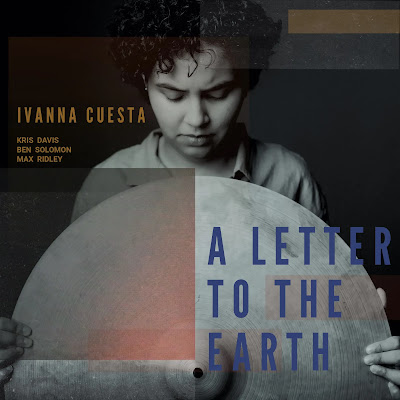When playing Dustbowl Ballads by Woodie Guthrie for environmental geography students, I would sometimes ask which students had heard of him. The number who had was small when I began teaching was small and is now near zero. I would begin explaining who. he was by saying he was "Arlo's dad" until I realized that Arlo (who is the age of my dad) is not so well known himself anymore. One exception: a former BSU student has Arlo as a first name because her parents (roughly my age) were such big fans.
But I digress. This is a post about Arlo and his most favorite song, Alice's Restaurant. (sometimes called "Alice's Restaurant and Massacree"). I assumed that he was still well known because anybody who is roughly my age remembers hearing this on hard-rock radio stations every Thanksgiving day. It is not played much on other days because it is 18 minutes long. It is also not played much on hard-rock stations because it is a folk song.
But like Don McLean's 9-minute ballad American Pie, it is a long-format song that most people in the United States of a certain age can sing almost from memory. Why this is, I don't exactly know, but both songs do speak to an historic moment, and in a way that people are able to appreciate regardless of their political leanings.
It is played on Thanksgiving Day because it tells the true story (with some embellishments) of young Arlo's arrest for littering on Thanksgiving Day 1965. There is more to the story, of course. Listen carefully to figure out how this became a protest song.
I might not have thought to play this for the Planet Sings class, except for a poignant coincidence. The song is (in part about Arlo's good friend Alice Brock, who died just a couple of days before Thanksgiving this year. His thoughts on her passing are presented at the end of this post. It is from him his production company's page. The photo shows him with Alice and their mutual friend Rick, who was part of the 1965 hijinks. They are shown on the steps of the church building that Alice and her husband were living in at the time, which now serves as the headquarters of the Guthrie Center.
I cannot help but mention two small connections. First, in 2019 (the year we did not realize how lucky we were for all the things we got to do), he and his daughter Sarah performed at the Zeiterion Theater in New Bedford as part of a 50th-anniversary tour of the 1967 song. Among other things, we learned about the movie version of the song. It is not an excellent movie, but it is pretty interesting, especially since the arresting officer plays himself in the film. After the show, we were lucky enough to say hello to Arlo as he stepped from the stage door to his tour bus, before the crowed had found him there.
Second, it was on our anniversary in May of this year that we found ourselves in Stockbridge at the Main Street Cafe, which is located in the general store that served as a summertime extension of the original restaurant. The restaurant itself is "around the back" in a place now known as Teresa's Café, which seems to have closed during the pandemic. Alice's memory is still honored, however, as shown in this photo I grabbed after a wonderful brunch around the front.
 |
| "You can get anything you want" RIP Alice Brock |
I have confirmed that this a half-mile from the nearest railroad track.

















